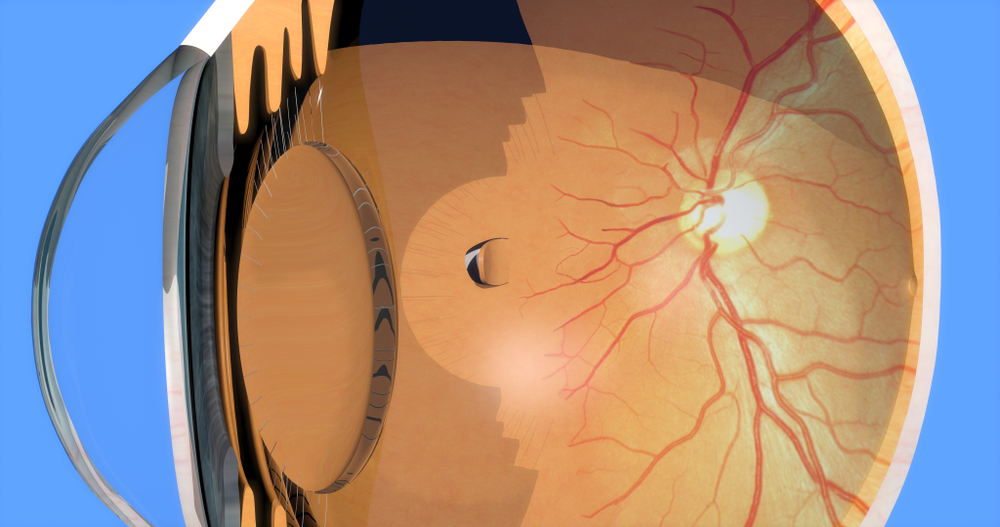
Retinal tears can occur suddenly and without pain, making early detection crucial in preventing more serious complications like retinal detachment or vision loss. Fortunately, ophthalmologists have the tools and expertise to identify retinal tears during routine eye exams - even before symptoms appear.
Understanding Retinal Tears
The retina is the light-sensitive tissue at the back of the eye that plays a key role in vision. A retinal tear occurs when the vitreous (the gel-like substance in the eye) pulls away from the retina with enough force to cause a break. Left untreated, this tear can allow fluid to pass underneath the retina, leading to a detachment.
Common Signs and Symptoms
Patients may not always experience symptoms, but when they do, they can include:
Sudden flashes of light (photopsia)
A sudden increase in floaters
A shadow or curtain over part of the visual field
Because these symptoms can be subtle or misattributed to aging or minor eye changes, a thorough retinal evaluation is important.
Dilated Eye Exam
One of the most effective ways to detect retinal tears is through a dilated eye exam. Eye drops are used to widen the pupil, allowing the ophthalmologist to examine the retina and surrounding structures in greater detail. Using a special lens and bright light, the doctor can identify even small retinal breaks or areas at risk of tearing.
Indirect Ophthalmoscopy
This technique allows a three-dimensional view of the retina. It gives the ophthalmologist a wider field of view compared to direct ophthalmoscopy, which is crucial for spotting peripheral retinal tears that may be missed otherwise.
Slit-Lamp Exam with a Condensing Lens
This combination allows for a detailed examination of the central and peripheral retina. The slit-lamp microscope, paired with a high-powered lens, helps the ophthalmologist detect abnormalities such as thinning, lattice degeneration, or actual tears.
Early Detection Can Prevent Vision Loss
The key to preventing severe retinal damage is catching tears early. If a retinal tear is detected, a laser procedure (laser photocoagulation) or cryotherapy is highly effective in sealing the tear and preventing progression to retinal detachment. These procedures are typically performed in-office and involve minimal recovery time, helping to preserve vision before more serious damage can occur.
Contact Gulf Coast Retina Center
Retinal tears are a serious eye health concern, but with routine comprehensive eye exams, ophthalmologists at Gulf Coast Retina Center can detect and treat these tears before they lead to more dangerous conditions like retinal detachment.
Early detection of retinal tears can prevent serious vision loss. Contact Gulf Coast Retina Center for a retinal evaluation and take the first step in protecting your sight. Visit our office in Sarasota or Venice, Florida, call (941) 312-2769 to book an appointment, or be seen today.








